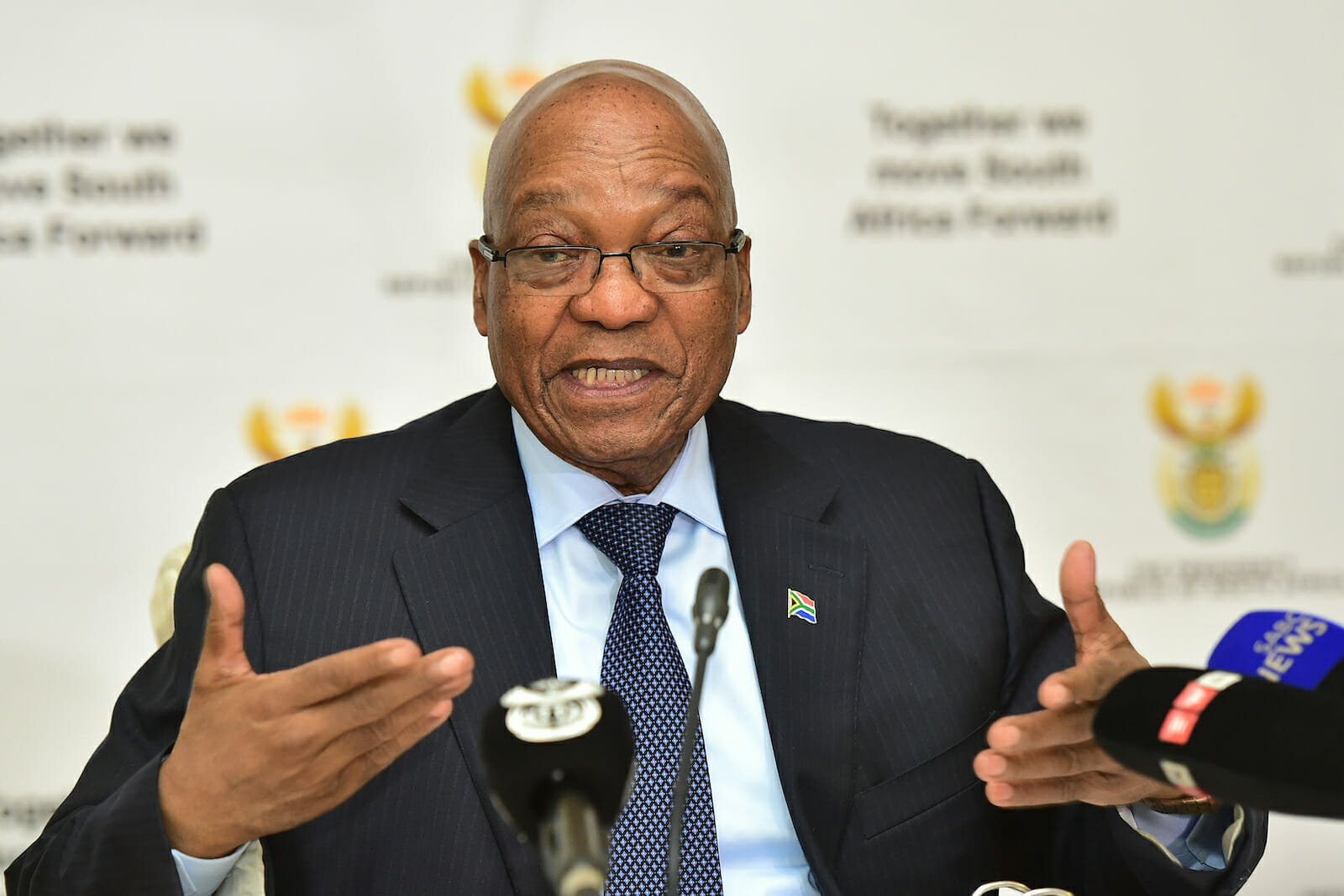
Why South Africa is not Fit to Lead Africa
South Africa’s failure to successfully engage some of Africa’s most troublesome conflict zones has undermined the country’s credibility and cast doubt about whether South Africa should be perceived as the continent’s regional military and political leader. Ineffectual leadership is at the heart of the matter. President Zuma has made some dubious decisions regarding South Africa’s regional foreign policy, and his inability to meaningfully address the plethora of domestic problems facing the country raises questions about its suitability as Africa’s de facto leader.
Attempts to promote human rights — a trademark of South Africa’s foreign policy for the past 20 years — have resulted in the adoption of some erratic policy decisions. For example, the South African government has numerous times shied away from condemning Robert Mugabe’s regime in Zimbabwe and failed to join the EU and U.S. in backing President Ouattara during the post-election crisis in the Ivory Coast. President Zuma’s lack of clarity during the Libyan Civil War, in which he attempted to mediate with Gaddafi and later denounced NATO intervention, cast serious doubt about the ability of South Africa to be the continent’s de facto political leader. The South African government has at times chosen to overlook human rights abuses in order to promote the notion of Pan-Africanism. So the two pillars of its foreign policy have competed with one another, rendering its foreign policy confusing and contradictory.
It has at times also proven to be disastrous, as was the case with the deployment of the South African National Defense Force to the Central African Republic. The SANDF was sent to the CAR’s capital (Bangui) in order to provide protection to then President Bozize, as well as to provide military training to the CAR’s army.
In March, Séléka rebels killed 15 South African soldiers in the course of overrunning Bangui. Both the agreement to send South African troops to prop up President Bozize and the inability of the SANDF to provide additional troops during the battle have been rightfully criticized.
Sending troops to back Bozize was at odds with the idea of promoting human rights on the continent, and it is questionable to what extent doing so promoted South Africa’s national interests. The deployment to the CAR not only appeared to show the rest of Africa that Pretoria lacked clear direction in its military engagements, but also that the SANDF is not an effective military force. Following the fallout from the CAR deployment, it behooves South Africa to pivot away from sending troops to countries without mandates from the AU or UN. Future unsanctioned troop deployments appear likely to further damage South Africa’s image at home and within Africa.
President Zuma’s domestic record — presiding over 40 percent unemployment among black South Africans, growing inequality, worsening corruption, a weak economy and a sluggish currency — have left him open to criticism. Countries such as Angola and Nigeria are finding it hard to refer to South Africa as a regional leader when its own house is in such a state of disrepair.
In spite of its own domestic challenges, Nigeria appears better suited to assume a position of future leadership going forward. While South Africa attempted to push for a power-sharing government in Ivory Coast and was slow to unfreeze the assets of the National Transition Council in Libya, Abuja acted swiftly and decisively in both cases. Nigeria’s success in helping end the conflicts in Sierra Leone and Liberia have also given it clout in terms of finding solutions to regional conflicts. In recognition of its growing leadership role, Nigeria recently won the backing of the African Union to once again become a non-permanent member of the UN Security Council.
South Africa would do well to make itself more visible as part of UN peacekeeping missions, especially now that Nigeria has announced it is pulling many of its peacekeeping troops out of Darfur and Mali in order to tackle the Boko Haram insurrection at home. However, facing mounting pressure at home and given the pending 2014 general election, it appears unlikely that President Zuma will commit significant troops — even to AU and UN-backed peacekeeping missions — in the near future. The true test of whether South Africa will be able to reach its potential as a political and military leader in Africa will depend on its ability to successfully address its mounting domestic issues while implementing a foreign policy that is not at odds with its own stated objectives.

